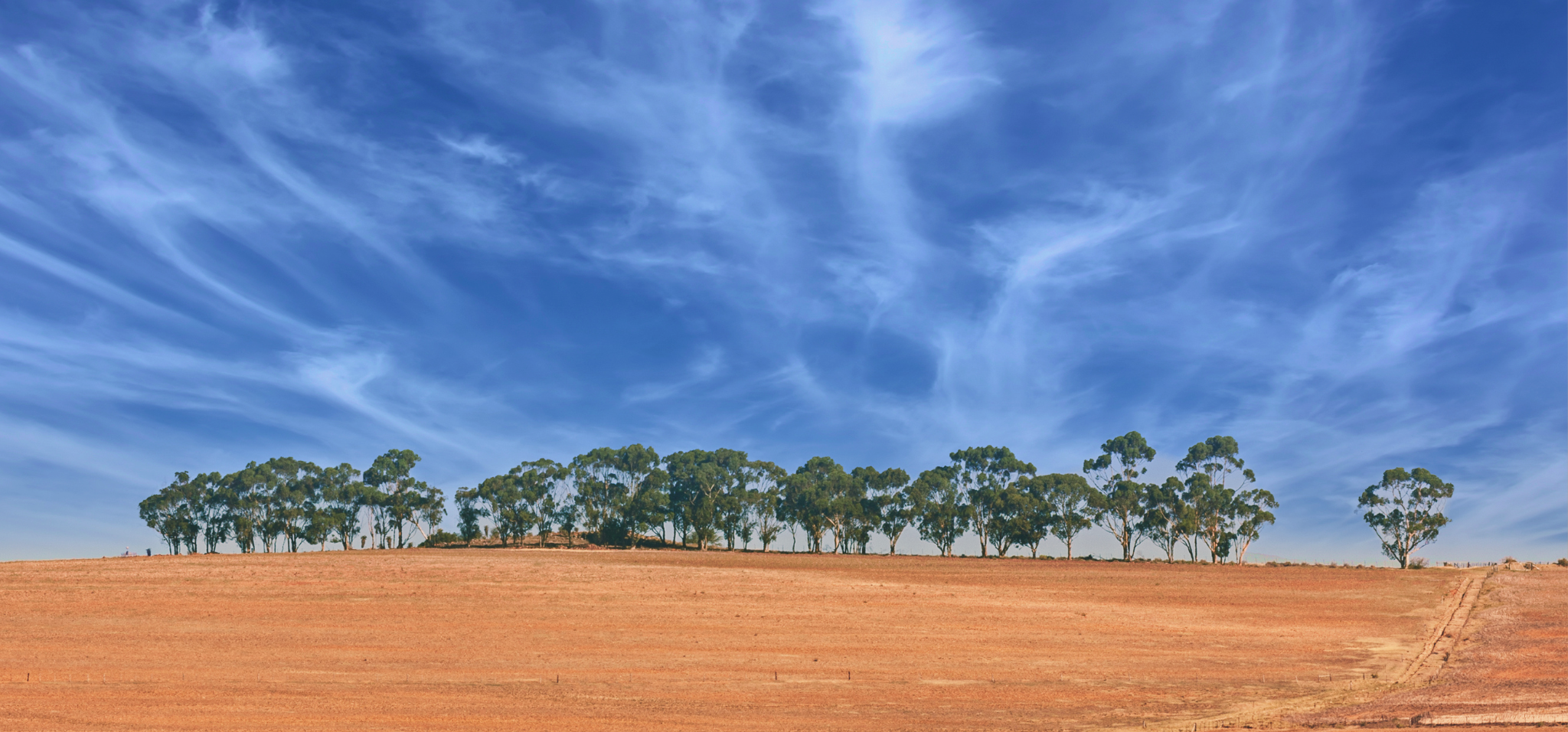
The latest paper led by the FABLE Consortium has been published in Environmental Research Letters (ERL), as part of the Special Issue 'Managing the Global Commons: Sustainable Agriculture and Use of the World's Land and Water Resources in the 21st Century'.
Abstract
The achievement of several sustainable development goals and the Paris Climate Agreement depends on rapid progress towards sustainable food and land systems in all countries. We have built a flexible, collaborative modeling framework to foster the development of national pathways by local research teams and their integration up to global scale. Local researchers independently customize national models to explore mid-century pathways of the food and land use system transformation in collaboration with stakeholders.
An online platform connects the national models, iteratively balances global exports and imports, and aggregates results to the global level. Our results show that actions toward greater sustainability in countries could sum up to 1 Mha net forest gain per year, 950 Mha net gain in the land where natural processes predominate, and an increased CO2 sink of 3.7 GtCO2e yr−1 over the period 2020–2050 compared to current trends, while average food consumption per capita remains above the adequate food requirements in all countries. We show examples of how the global linkage impacts national results and how different assumptions in national pathways impact global results.
This modeling setup acknowledges the broad heterogeneity of socio-ecological contexts and the fact that people who live in these different contexts should be empowered to design the future they want. But it also demonstrates to local decision-makers the interconnectedness of our food and land use system and the urgent need for more collaboration to converge local and global priorities.